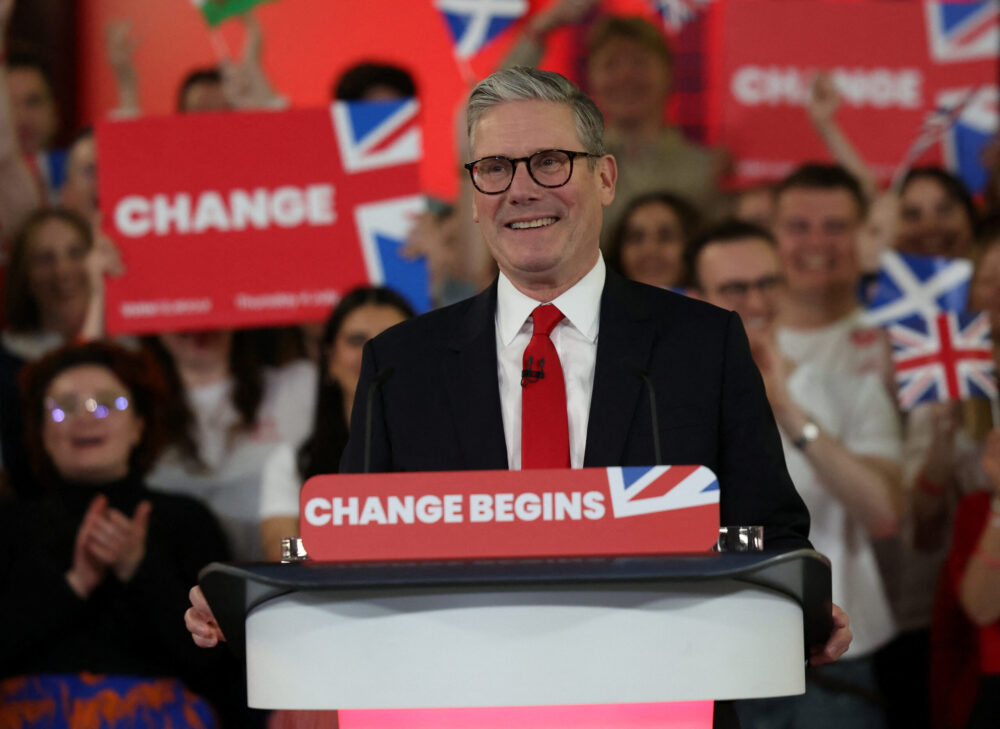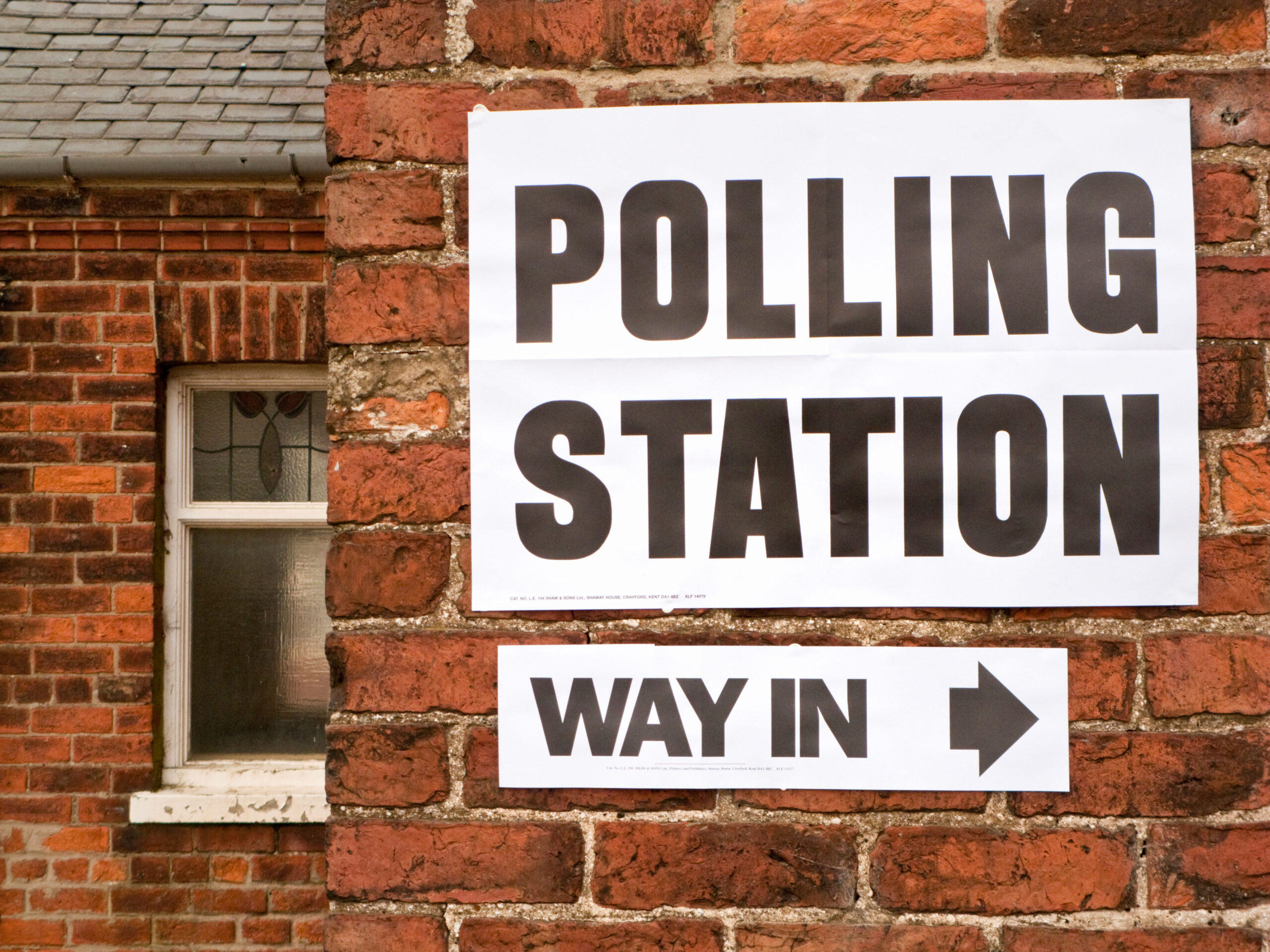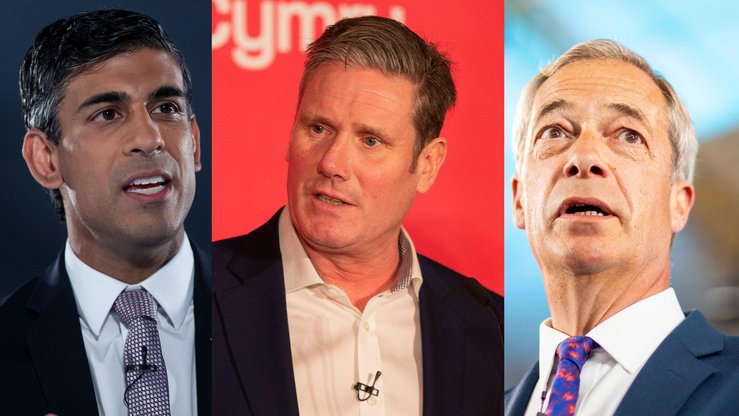
This article was first published in the Mail on Sunday
Boris Johnson generates enthusiasm of a kind I don’t recall seeing for any other Conservative politician. On the other hand, he drives his many opponents nuts. Antipathy for Jeremy Hunt is largely confined to those who don’t forgive him for his firm stance during the 2016 junior doctors’ strike – but Conservatives tend to like and respect him, rather than queue eagerly round the block to catch a glimpse, as they do for his leadership rival.
So if neither candidate has what we might call the Hillary Clinton problem – opponents who would walk over hot coals to stop her but no matching passion on her own side – nor does either hit the sweet spot of inspiring Tory fervour without galvanizing the opposition.
On the face of it, the two potential Prime Ministers offer very different things. My latest polling shows voters as a whole think Hunt would be more likely to be a credible and effective leader for Britain on the world stage, to build and lead an effective team in government, to take a reasonable and sensible approach to problems, to communicate effectively, and to win the respect of people who don’t vote for him.
Johnson, meanwhile, is thought more likely to be a strong leader, take Britain out of the EU with no deal, win a general election for the Conservatives – and to make promises he knows he can’t or won’t deliver.
When we asked people to pick words and phrases to describe each, the top five choices for Hunt were ‘smug’, ‘out of his depth’, ‘competent’, ‘out of touch’ and ‘arrogant’. Johnson’s were ‘arrogant’, ‘dishonest’, ‘dangerous’, ‘unreliable’ and ‘amusing’. Most said they would rather have Boris round for dinner – but even Tory Leave voters, Johnson’s core constituency, would rather trust Hunt to babysit their children, keep an important secret, lend him money in the expectation of getting it back, and drive their daughter home from a party.
As someone in our focus groups summed it up, ‘Jeremy Hunt is your ready-made, off-the-shelf Prime Minister, whereas Boris is interesting, isn’t he? Whatever else he is, something is going to happen.’ The divide not so much over policy as tactics: was this a time for seriousness and calm heads, or a time to spin the wheel? ‘It’s the unknown, isn’t it?’ as someone else put it. ‘Boris could be the best or worst PM we’ve ever had.’
Which of these characters, then, would people rather have as Prime Minister – competent but conventional and a bit smug, or strong and amusing but unreliable and potentially dangerous? For 2017 Conservatives and those who voted Leave in the referendum, it’s Boris at a canter. But for voters as a whole, Jeremy Hunt comes out on top. Head to head against Jeremy Corbyn, Boris wins by 18 points – but Jeremy Hunt beats his Labour namesake by a 28-point margin. Forced to choose, Britain would prefer a Hunt-led Tory government to a Corbyn-led Labour one by 60 per cent to 40 per cent, but a Boris-led administration to its Corbynite alternative by just 8 points.
Remain voters account for the difference. Seeing Boris as not just willing but eager to leave the EU without a deal, they would rather have the safer-seeming Hunt than Corbyn in Downing Street, but prefer Corbyn to Johnson by a wide margin.
In electoral terms, this means that for the Tories the contest could be said to come down to ‘reach’ versus ‘grasp’. Boris comfortably commands the support of Leave-voting Conservatives, and has the stronger appeal to both Labour Leavers and those tempted by the Brexit Party. An election under PM Boris would be a re-run of 2017, in the hope that a stronger campaign and a more charismatic leader would yield a better result. Those who have drifted to Labour or the Lib Dems, however, are at least more open to voting for a Conservative Party led by Jeremy Hunt – though whether they would do so in practice is another question.
In the public mind, Boris is no longer the metropolitan liberal capable of winning two terms as London Mayor – but would Remain-voting Tories really vote to topple him and allow Corbyn into government if he were PM? And while Hunt is seen as softer on Brexit, would Tory Leavers really abandon him and risk both a Labour government and, with the way the Opposition’s policy is inexorably shifting, the chance of losing Brexit altogether?
Not surprisingly, people think this leadership election matters – that the two would be very different Prime Ministers and that the outcome will determine what happens in the coming years. But strikingly, Conservatives are more likely to think this than anyone else. In other words, the closer you get, the more different they look. But from a distance, they both look like Tories. In our research, people told us the party looked ‘weak’, ‘confused’, ‘disconnected’, and like ‘a bunch of public schoolboys who just want power bickering amongst each other’ – and that is all from 2017 Conservative voters. The public think Hunt and Johnson are equally unlikely to achieve a good Brexit deal, represent the whole country, be honest, unite remainers and leavers or care about ‘people like me’. The Brexit debacle may be a major cause of the Tories’ troubles, but solving it won’t put them to rest.


